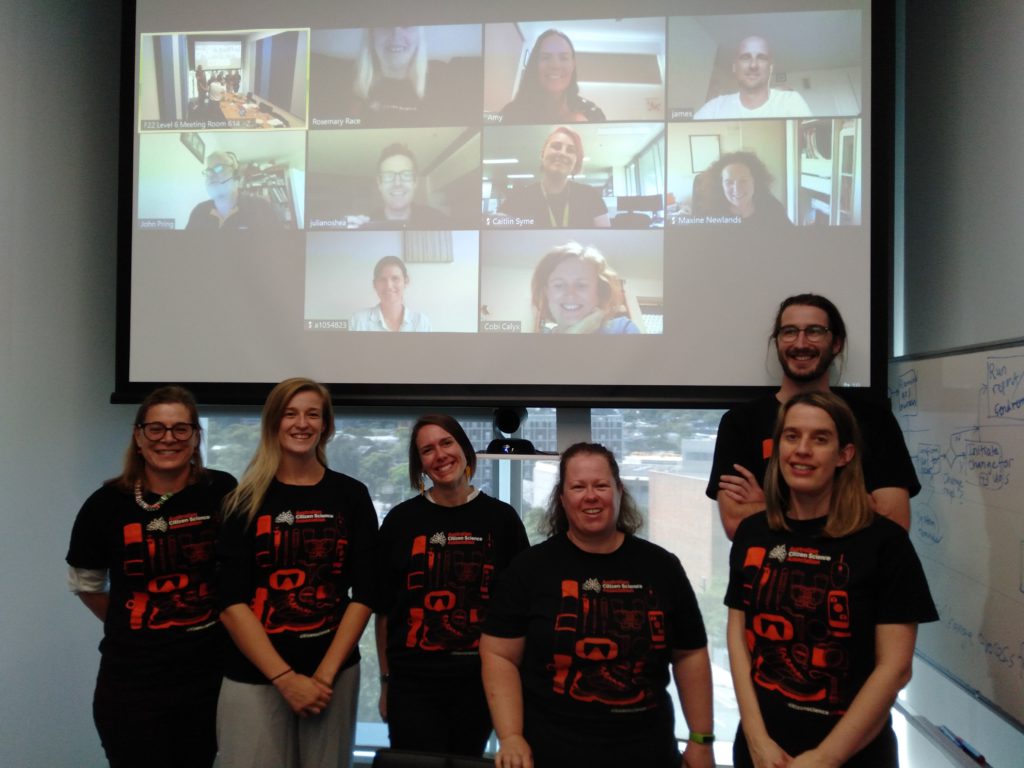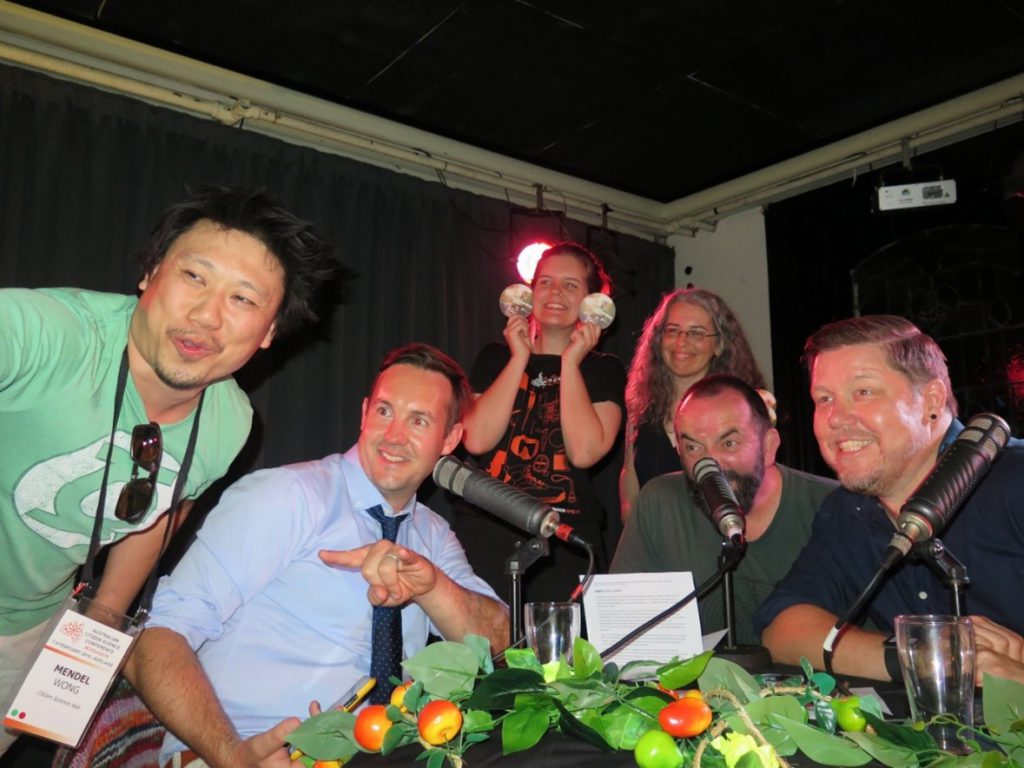By Dr Erin Roger, outgoing Chair of ACSA
I remember we were about a week out from our annual face to face strategic meeting in March 2020, when the presence of Covid-19 in Australia made us start to question the wisdom and practicalities of in-person meetings. In the end, we ended up with a hybrid model with most of the committee online and a few in person at our home institution, Sydney University.

For our annual strategic meeting in March 2021, we again went with a hybrid model but with regional hubs, where people based in the same state or territory met together (where possible) and all of us linking up over Zoom. This means that I’ve never met many of ACSA’s committee members in person. I think this does change the nature of relationships and it’s harder to form personal connections. Having said this, most of us are really used to the virtual meeting environment, and the planning days have been effective and productive for the association. Virtual meetings have also reduced ACSA’s travel costs and lowered our carbon emissions which are both benefits. Going forward, where possible, we’ll likely continue to adopt a regional hub meeting model. Now that ACSA has committee members based in NSW, Qld, ACT, Vic, SA and WA it’s probably the only financially viable option.
As an association we’ve noticed an impact from the pandemic on our financial position. Throughout 2020-21 we’ve had a significant drop in membership revenue. We’ve been extremely lucky to be eligible (by demonstrating a loss) for a number of Covid-19 government schemes and grants that have kept us in the black. We also cancelled our 2020 in-person biennial conference, and we typically work towards a profit from our conferences. I’m glad we made an early call to organise a totally virtual conference in 2021. I’ve watched a lot of other organisations having to pivot back to online events this year and suffered a loss due to cancellations etc. However, I have noticed that people are less inclined or enthused to pay for virtual online events, and registrations often come in at the last minute. I think this is a real challenge for conference organisers going forward, as there are still substantial fees involved such as online platform costs, the tech support behind them, speaker fees and organisational costs. Our conference in 2021 was still a huge success, it’s amazing what you can do virtually!

There are many benefits to the virtual world as we know, such as increasing accessibility (costs, mobility, scheduling) and environmentally more sustainable. Still, when I think back to Adelaide 2018 and what great energy and enthusiasm there was during that event, virtual just doesn’t quite compare. In the future I think we’ll need to think about hybrid conference models to deliver both an online and in-person experience. Doing this successfully so everyone feels included is the next big challenge I think.

Covid-19 has certainly changed the nature of citizen science over the past 18 months. We put out a great piece on our website in April 2020 https://citizenscience.org.au/2020/04/20/citizen-science-and-covid-19/ listing a number of citizen science activities we can all do from home or in proximity to home. There has been a huge uptake in projects you can do from home, for example, the Australian Museum’s DigiVol Platform, which is hosted by the Atlas of Living Australia, has essentially seen a doubling in the number of volunteers. There have also been really interesting testimonials of increased observations and participation in citizen science projects, particularly in cities https://theconversation.com/birdwatching-increased-tenfold-last-lockdown-dont-stop-its-a-huge-help-for-bushfire-recovery-141970. I personally have become far more observant of the local urban environment because of Sydney’s lockdown in 2021 https://ecos.csiro.au/discover-biodiversity/.
Finally, I’m writing this having recently come out of more than three months in lockdown Sydney. I think people have been affected and will continue to be affected very differently as a result of the pandemic. We all have different reasons as to why it’s been challenging. For me, I’ve missed my overseas family tremendously. Worrying about them and wondering when I’ll see them again has caused many sleepless nights. I’ve also felt pervading emotions of fear, hope, anger and gratitude. For me it’s been about trying to find something wonderful in the time we have right now. One of the things that has kept me going has been the privilege of working with the other Management Committee members. Watching people still dedicate their time to helping ACSA thrive as an association is inspiring! The conspiracy theories and mistrust of science that have emerged because of the pandemic have convinced me even more than ever of the need to better strengthen the nexus between science, policy and society. Citizen science has a huge role to play in this, and I hope that it continues to be valued (and funded) going forward.
